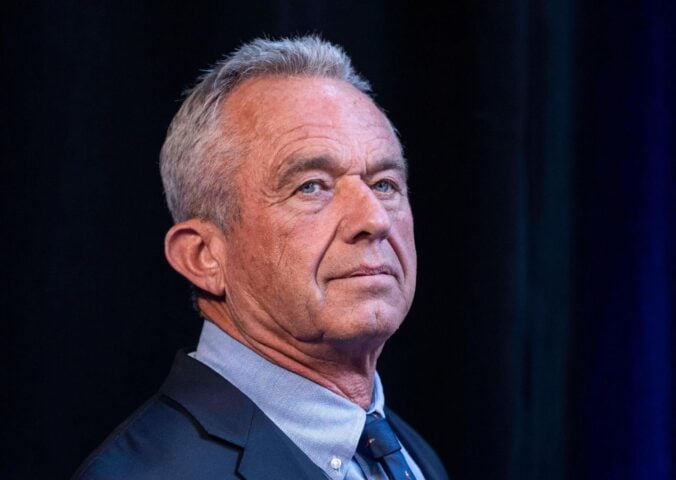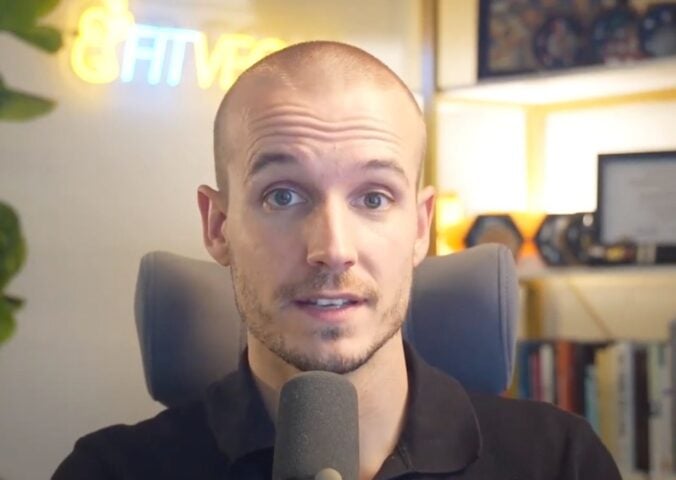In the not-so-distant past, most of our health information came from textbooks, physicians, and peer-reviewed journals. Today, it comes from TikTok videos, Instagram reels, and viral social media posts, many of which have more flair than facts.
The line between education and entertainment has blurred, giving rise to what some now call “health entertainment,” a space where influencers can outpace experts in shaping public perceptions about food, fitness, and health. But, as engaging as a 30-second wellness hack may be, it raises an important question: who’s controlling the health narrative, and at what cost?
Read more: Social Media ‘Super-Spreaders’ Of Health Misinformation Put Millions At Risk, Says Report
The influence of social media on health behaviors is already well-documented. A narrative review published in 2023 highlighted how social media has become a dominant force in shaping public perceptions of health. The review recognized that this impact can be either positive or negative. Social media can allow qualified individuals to provide free and digestible health information to a large audience, but it can also spread misinformation and disinformation.
In particular, the review underscores how frequently platforms amplify content that demonizes entire food groups, promotes unproven “quick fixes,” or relies on fear-based messaging, all of which can distort public understanding of health in ways that are more harmful than helpful.
Even well-meaning misinformation erodes trust in evidence-based medicine, skews dietary choices, and delays medical interventions. For example, a National Cancer Institute-funded analysis found that 77 percent of highly-shared cancer-related social media posts contained misleading information, including advocacy for unproven treatments over proven ones.
A 2021 study found that nearly 40 percent of UK adults are exposed to contradictory nutrition information (I was surprised this number wasn’t higher, and I’m almost certain that today it would be over 50 percent). This resulted in “nutrition confusion,” along with net-negative engagement with healthy behaviors such as regular exercise and the consumption of fruit and vegetables.
Meanwhile, another study found that critically urgent health topics like smoking, and noncommunicable diseases (chronic diseases like diabetes, cancer and heart disease) made up a particularly significant amount of social media’s health misinformation. This, in turn, is causing further health crises and a rise in preventable deaths.
The spread of misinformation is growing, too, and healthcare workers have repeatedly said that this phenomenon makes inequalities worse. High-profile figures such as the US health secretary Robert F. Kennedy Junior are currently promoting disproven and dangerous myths related to health and nutrition, further blurring the line between trustworthy vs untrustworthy sources.

Online, a small core group of “super spreaders” expose up to 24 million vulnerable social media users to harmful advice. Notably, most of these spreaders benefit financially from promoting misinformation, profiting from unproven therapies and extreme lifestyles. Proponents of the carnivore diet, for example, may profit from selling meal plans, guide books, or supplements, despite inconsistencies in messaging and a lack of evidence for the diet’s so-called benefits.
Read more: Misinformation Against Plant-Based Diets Rife On Social Media, Says New Report
Health misinformation represents a missed opportunity to educate
The problem isn’t just misinformation itself; the broader issue also represents a missed opportunity. When sensationalism dominates the spotlight, the voices of trained clinicians, scientists, and public health advocates are drowned out. As a result, messages rooted in rigorous evidence – such as the potential for whole food, plant-based diets to prevent, treat, and even reverse chronic disease – can struggle to reach the audiences who need them most.
Yet, there is hope. The same platforms that spread misinformation can also be harnessed to deliver truth. This is the approach we take at Plant Based News, the platform I founded nearly 10 years ago. We publish thousands of videos across social media including YouTube and Instagram that aim to educate and inspire every year.
We also work with organizations such as The Plantrician Project and its Education Series. To learn more about media, medicine, and how individuals can shape a healthier future, register here to join The Plantrician Project’s Plantrician Education Series. Who’s Controlling the Health Narrative? The Role of Media, Medicine & You will take place on Wednesday, Aug 13, 2025 at 17:00 BST / 12:00 ET. It will talk more comprehensively about this topic, including what you can do about nutrition misinformation. It will feature Scott Stoll, a medical doctor and the co-founder of The Plantrician Project, in conversation with myself.
Read more: ‘5 Whole Food, Plant-Based Meals I Eat Every Week’






